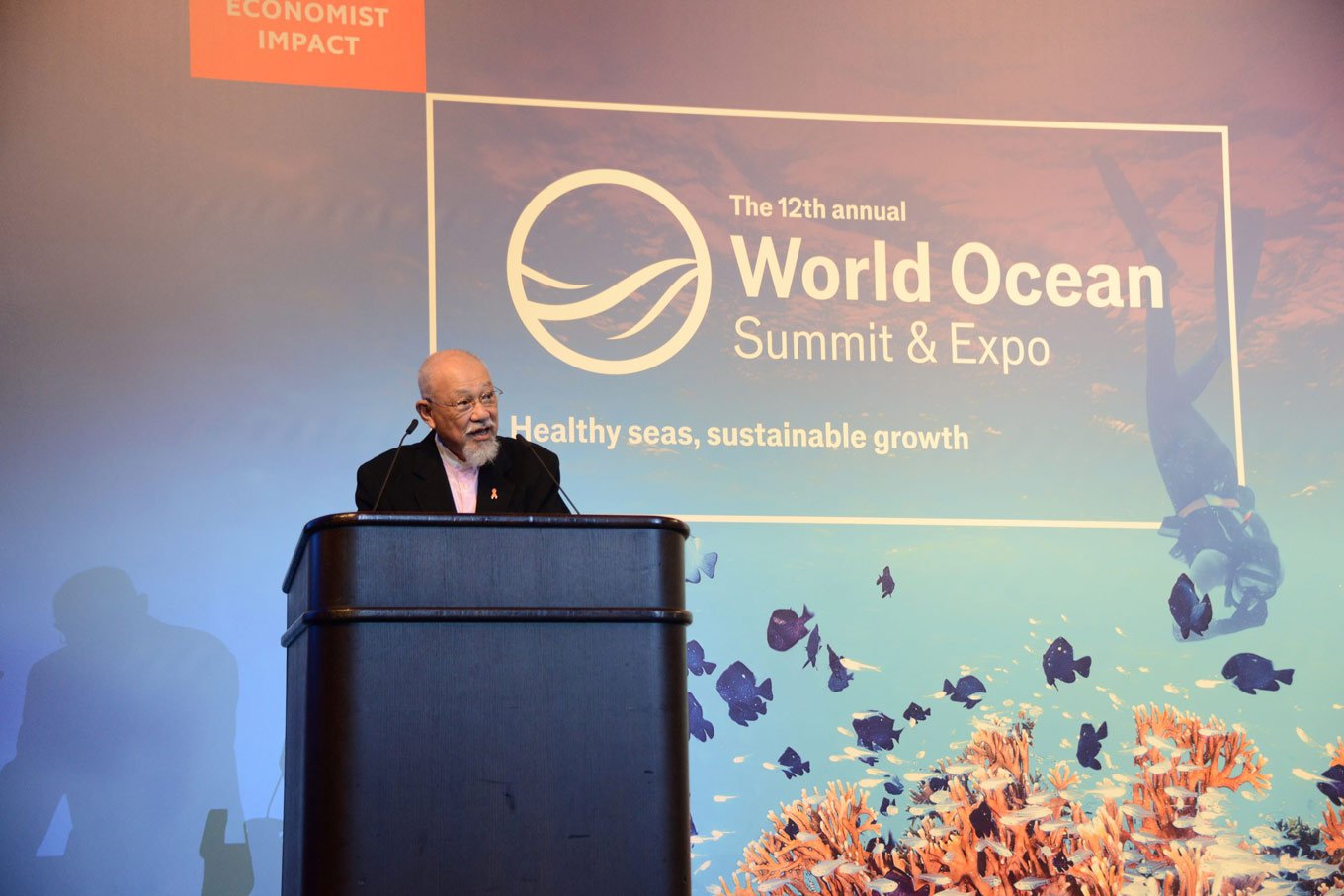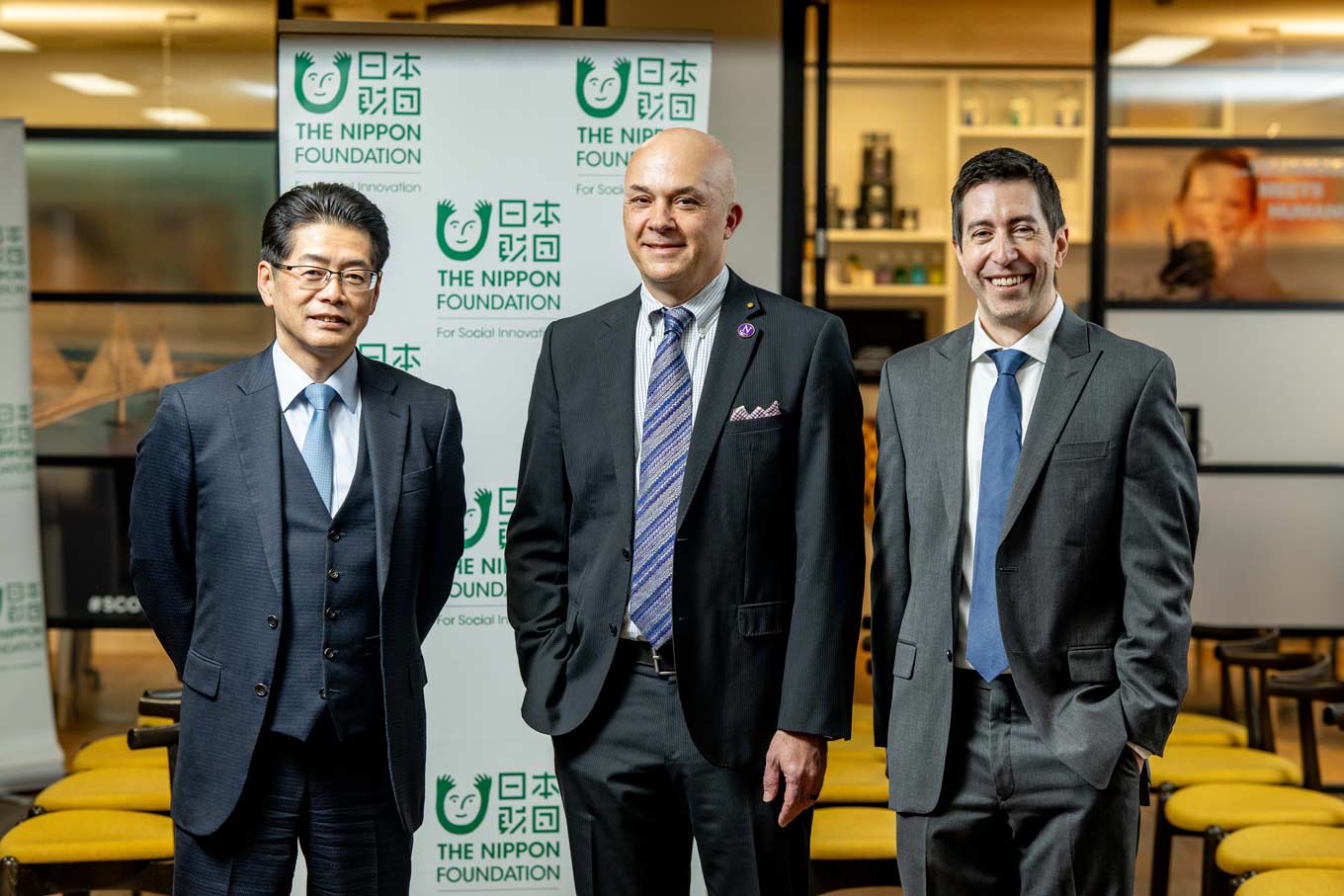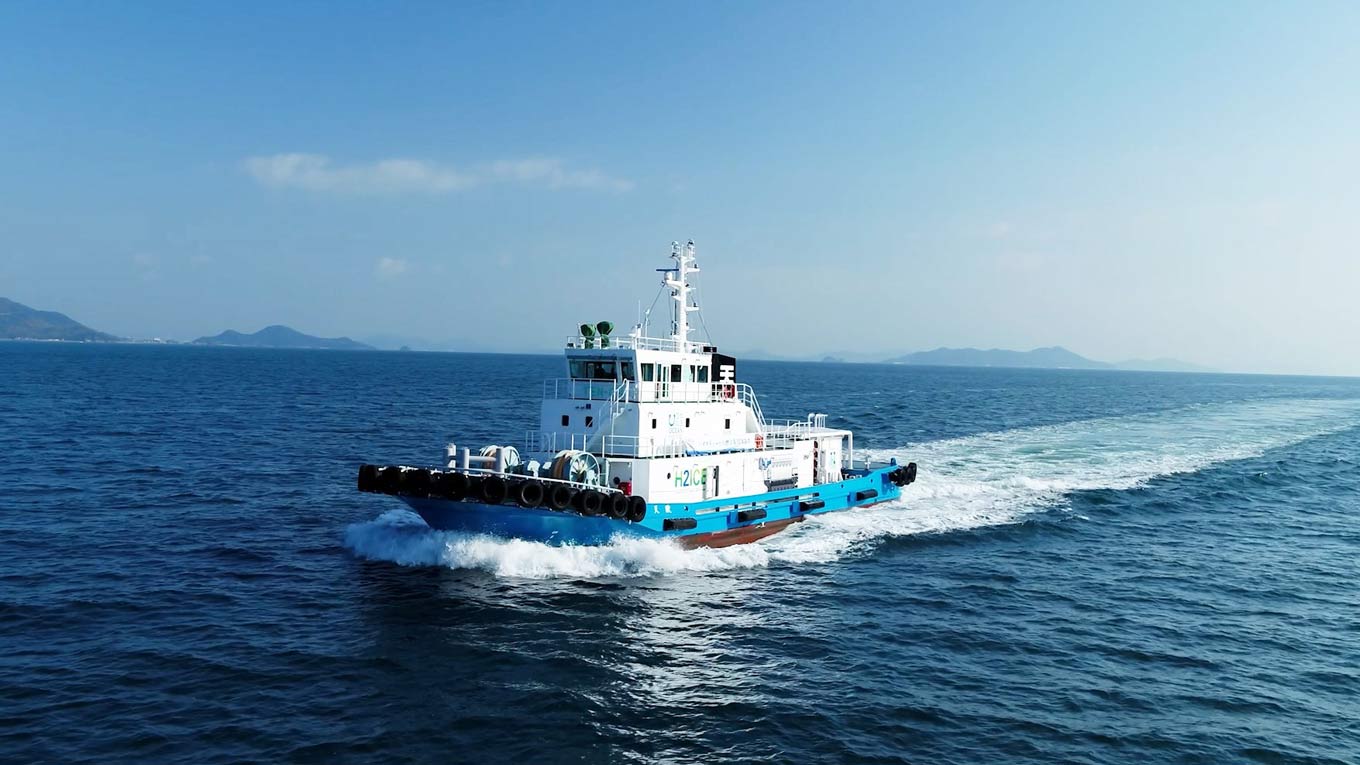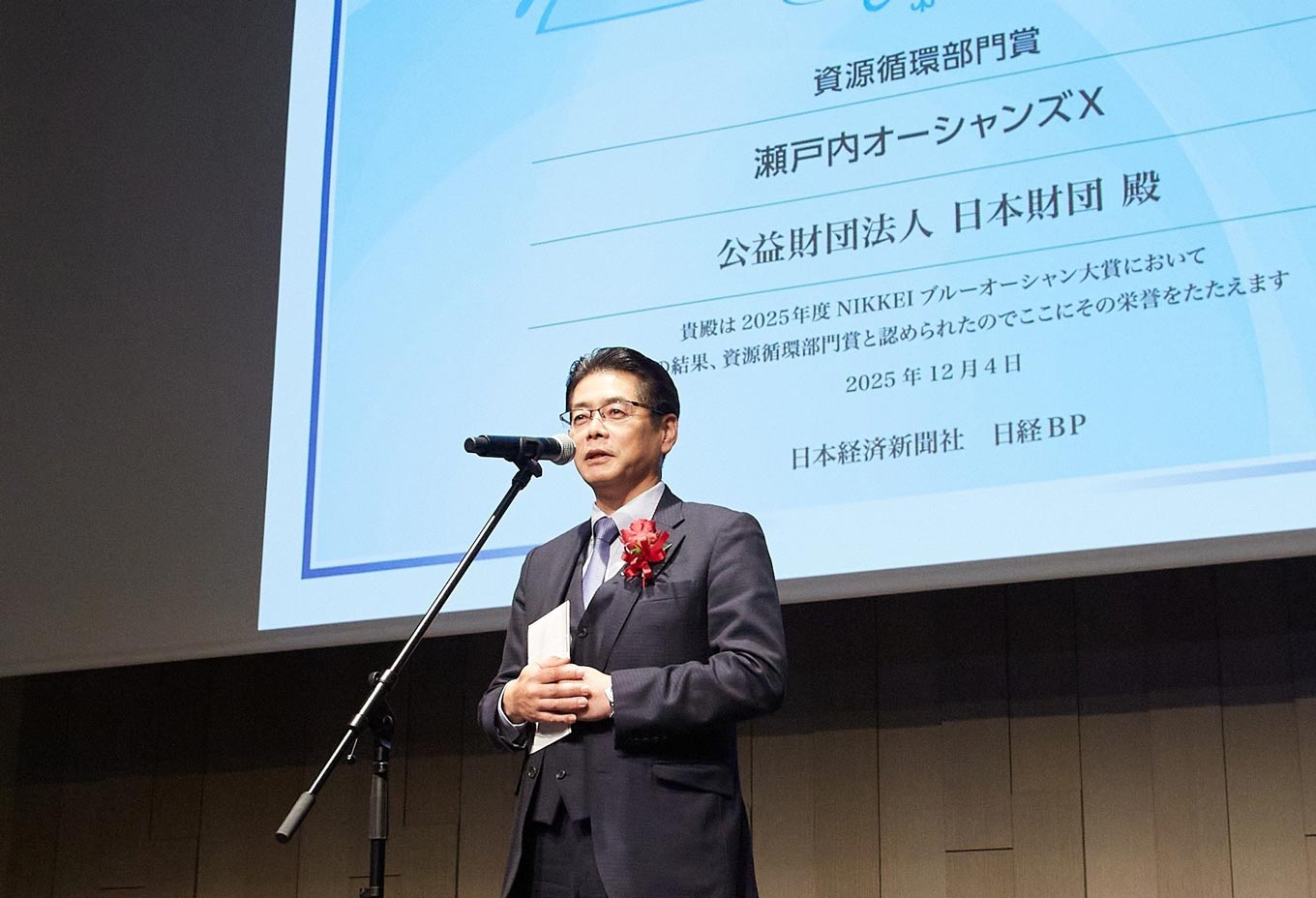World Ocean Summit 2025Global cooperation and action for our ‘only ocean’
The 12th World Ocean Summit was held in Tokyo on March 12-13, 2025. Hosted by Economist Impact, with the support of official host The Nippon Foundation, the Summit brought together policymakers, specialists, and representatives of companies, international organizations, and citizens’ groups from around the world. This was the first time the Summit was held in Japan, and it featured a broad range of discussions on the issues of ocean pollution, climate change, and the loss of biodiversity around a central theme of “cooperation.”
Necessity of international cooperation to eliminate ocean pollution
The summit included a session by Back to Blue, a joint project launched by The Nippon Foundation and Economist Impact to address urgent issues directly facing the world’s oceans. The state of ocean pollution caused by wastewater, chemical substances and plastic, and comprehensive measures being taken to overcome them, were introduced, recognizing the importance of coordination among international institutions, data integration, and science-based policymaking. It was also pointed out that ocean pollution countermeasures are part of companies’ and financial institutions’ risk management as well as new investment opportunities, and calls were made for the formulation of practical economic strategies.
Messages from Japan and around the world
Welcoming the participants, The Nippon Foundation Chairman Yohei Sasakawa noted “We must not forget that there are more than 180 nations in the world, yet the ocean remains singular, absorbing the full impact of the actions of all nations.” Japanese Prime Minister Shigeru Ishiba also addressed the summit and referenced Japan’s responsibility as a maritime nation and the need to take action. He expressed his hope that Japan will aim to move beyond being an island nation to become a great maritime nation, fulfilling its responsibility to ensure that the ocean is safe, peaceful, and a resource that is used. Manabu Sakai, Japan’s Minister of State for Ocean Policy, introduced the 379 measures the government has designated under its comprehensive ocean policy and the status of progress, and explained initiatives including maritime domain awareness (MDA) and the necessity of formulating policy based on scientific data.

Comprehensive discussions included issues of wastewater, acidification, and biodiversity
The summit also featured a presentation of research being led by Back to Blue on the economic effect of pollution from sewage and waste water. One concrete finding from this research is that in India, insufficient sewage infrastructure causes $2 billion in damage annually to the country’s fisheries industry. A representative of an international organization also shared new insights into the effects of ocean acidification on biodiversity and human society.
These presentations once again pointed out the necessity of comprehensive measures to address these issues through coordination among scientists, policymakers, the financial sector, and local societies.
Private-sector support for Small Island Developing States
Small Island Developing States (SIDS), which are vulnerable to climate change and rising sea levels, are at the forefront of the latest research and environmental protection. Against this backdrop, prior to the summit, The Nippon Foundation and the Sasakawa Peace Foundation jointly hosted a World Island Forum: High Level Roundtable on March 11. This forum focused on SIDS in the Pacific region, and in particular the best ways to support these island states. The forum highlighted the important role that SIDS are playing on the front line of environmental preservation and scientific initiatives as they directly face the critical issues of climate change and rising sea levels. The roundtable discussed the importance of support from international society focusing on these countries’ independence and strengthening their resilience, and in particular the role that philanthropy should be expected to play. This was also an opportunity to emphasize once again the necessity of inter-region sharing of expertise and continuous investment in human resource development.
Outlook going forward
At the summit’s closing, Mr. Sasakawa expressed his desire that the discussions that began in Tokyo would continue at the Our Ocean Conference to be held in Busan, Korea, in April and the 2025 U.N. Ocean Conference to be held in Nice, France in June, and that this would lead the way to a promising future. In addition to making policy recommendations and sharing expertise, the World Ocean Summit marked a new step forward as a venue for international cooperation in terms of implementation. The Nippon Foundation will continue to work in partnership with international society going forward to work to achieve a sustainable ocean environment.
Related Link
Contact
Global Communications Team
The Nippon Foundation
- E-mail: info_global_communication@ps.nippon-foundation.or.jp



